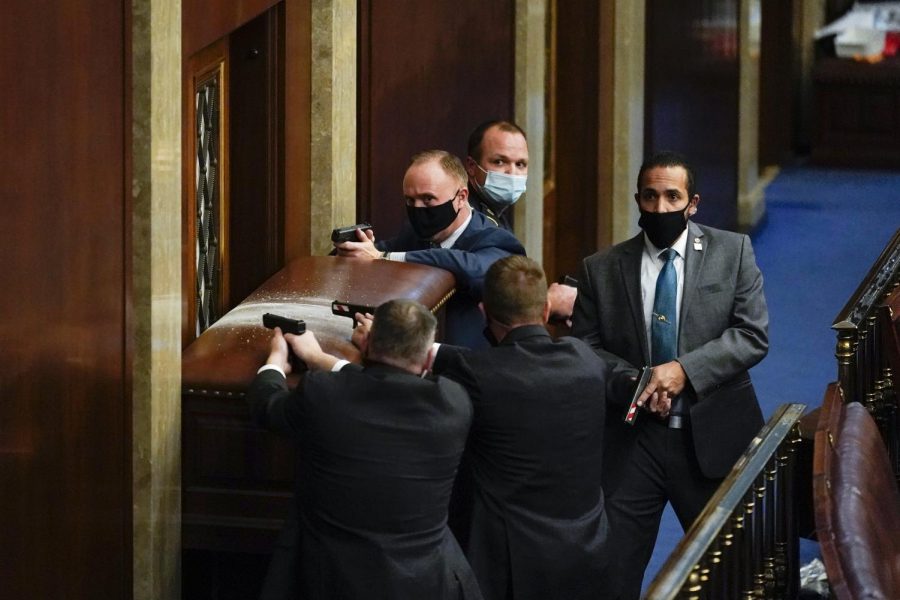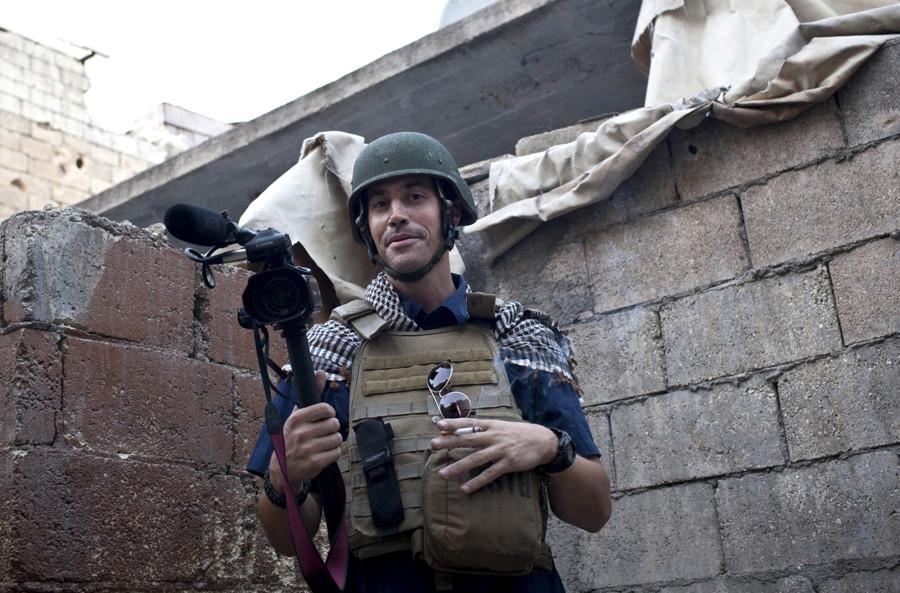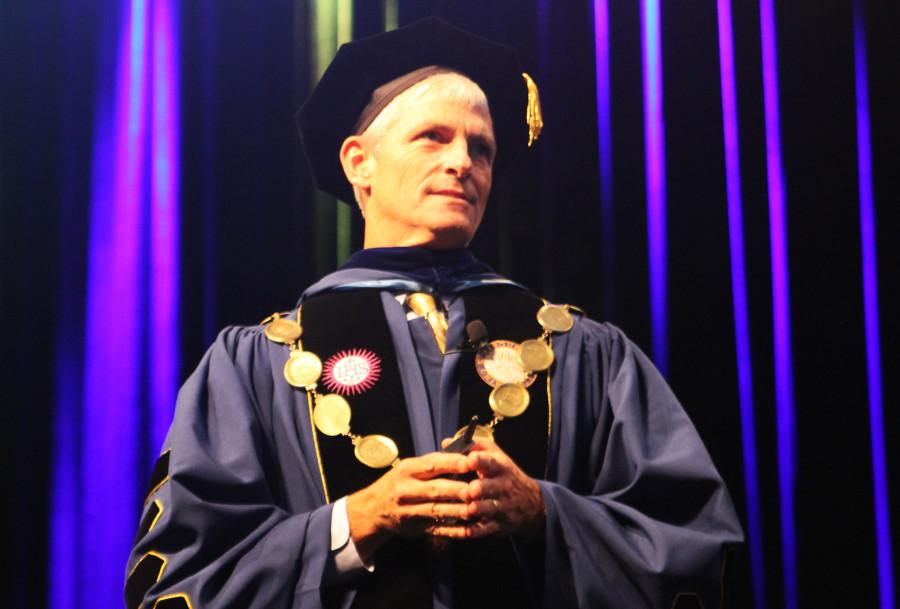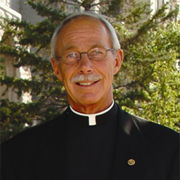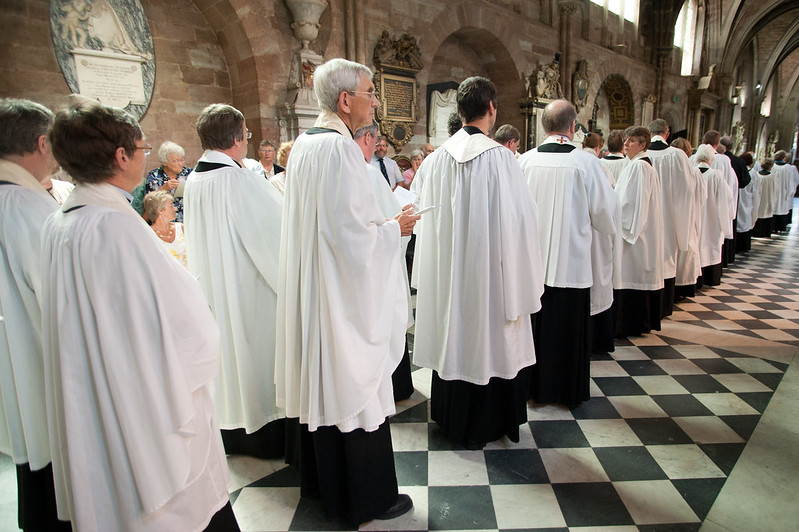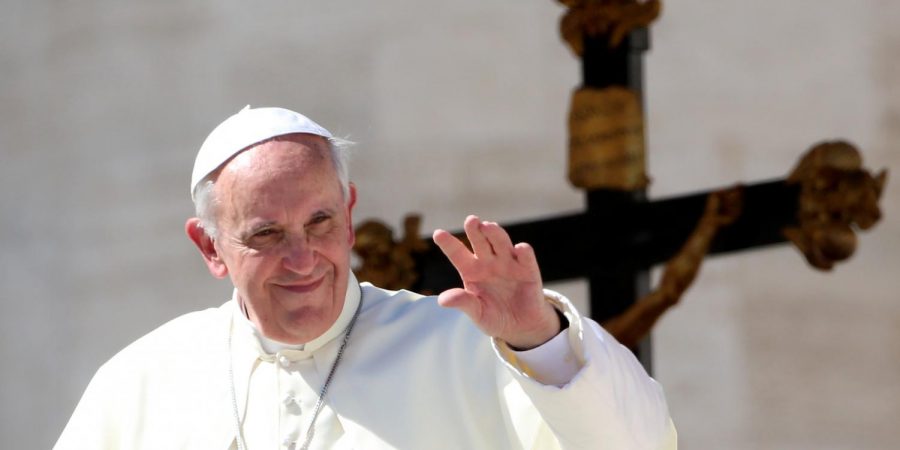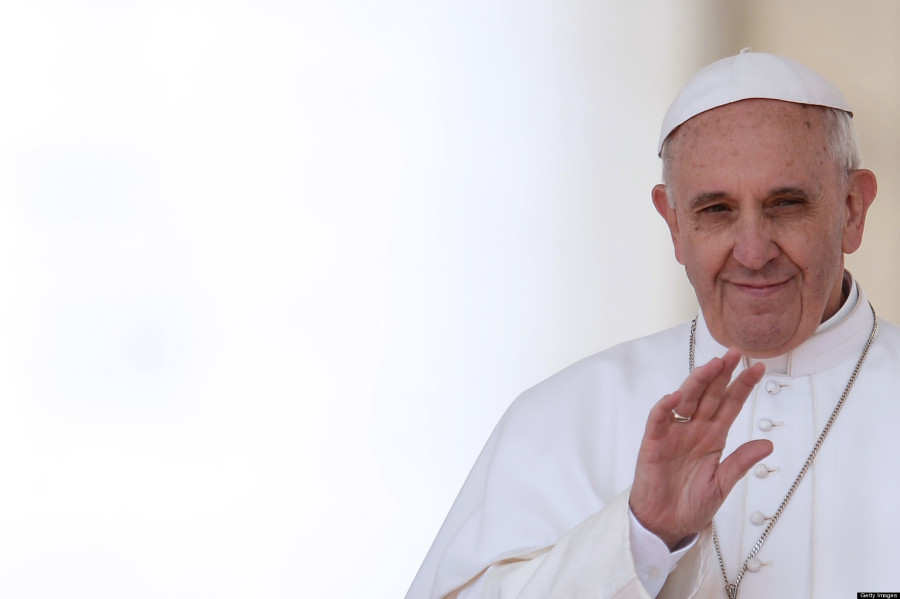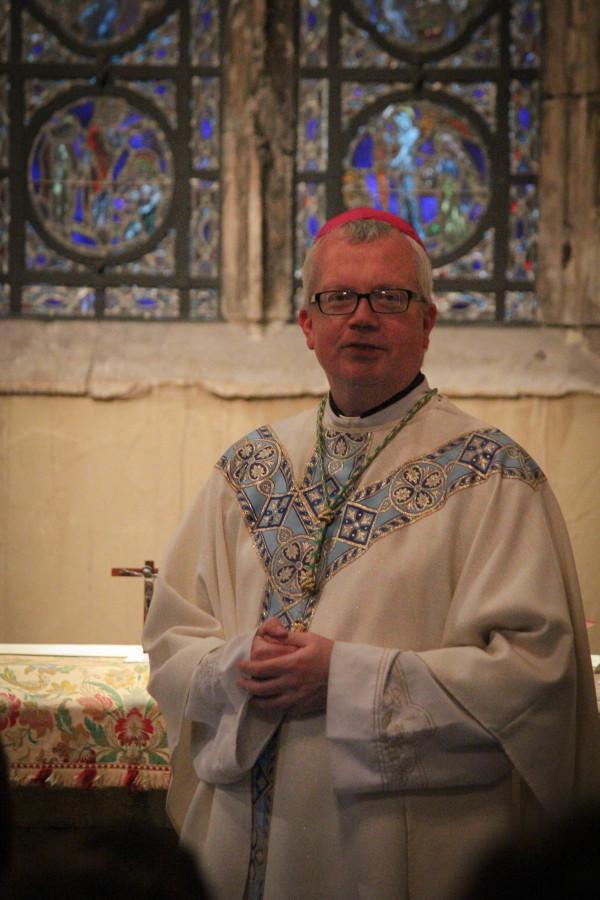 Catholics around the world celebrated last week as Cardinal Jorge Mario Bergoglio was named Pope Francis over a two-day conclave election that required five ballots. Breaking several traditions and surprising many people, Francis, who comes from Argentina, is the first Jesuit pope and the first pope from the Americas.
Catholics around the world celebrated last week as Cardinal Jorge Mario Bergoglio was named Pope Francis over a two-day conclave election that required five ballots. Breaking several traditions and surprising many people, Francis, who comes from Argentina, is the first Jesuit pope and the first pope from the Americas.
The new pope will be officially inaugurated as the Bishop of Rome today at the Vatican where various international leaders will be in attendance.
“As the conclave began there was a sense of expectation and excitement that many people experienced here in Rome,” said Chris Kerzich, a 2005 Marquette alumnus and seminarian for the Archdiocese of Chicago studying at the Pontifical North American College in Rome.
Overall, the general reactions to the announcement have been positive.
“The more the world is learning about Pope Francis, the more people are coming to love him,” Kerzich said.
As a cardinal in Argentina, Bergoglio took the bus to work in Buenos Aires and lived in a small apartment rather at than the residence designated for the bishop. This focus on simplicity has been reflected in some of his recent actions. He was seen paying for his bill and thanking staff members at the Roman hotel where he stayed.
Marquette Jesuits expressed excitement and hope after the election of a Jesuit pope.
“Francis has already done good things,” said the Rev. Joseph Mueller, an associate professor of theology. “His emphasis on simplicity and humility is very helpful.”
The Rev. Martin-Claude Domfang, a graduate student in engineering, was excited about the election but said he wants to remain focused on the pope’s role.
“The most important thing for me is what he’s going to do for the Church, not where he’s from,” he said.
In a statement published Monday on Marquette’s website, University President the Rev. Scott Pilarz wrote, “I’m confident Pope Francis – who has made it his life’s ministry to connect with the poor and the suffering – will represent the perspectives of a truly global faith community in a world that is more interconnected and diverse than ever before.”
Francis gave his first blessing Sunday, during which he focused on God’s forgiveness. He also met with reporters over the weekend and confirmed that he chose the name Francis after St. Francis of Assisi, a legendary figure in Catholic history who gave up his life as a wealthy heir to work closely with the marginalized and less fortunate.
The revelation of the inspiration for his papal name has been suggested by some to imply that he will bring a new emphasis and enthusiasm to the Church’s mission of caring for the marginalized.
The Rev. Nicholas Santos, an assistant business professor and Jesuit at Marquette, said Pope Francis has laid out a mission statement of “a Church that is poor and for the poor.”
“I am filled with a deep sense of gratitude to God for the new pope and am united with the rest of the Church in praying for him,” Santos said.
Javier Ibáñez-Noé, an associate professor of philosophy, said it is not surprising that Francis hails from South America, given the rich tradition of the Catholic Church there. Ibáñez-Noé’s home country is Chile.
“Christianity is interwoven in the fabric of Spanish America as it is in the fabric of the European civilization,” he said.
“I would hope that Francis would act decisively in addressing two tasks,” Ibáñez-Noé said. “First, to leave no room for doubting the resolve of the Church both to keep inviolate the deposit of the faith and to insist on the eternal validity of the moral law. Second, to root out the evil that has penetrated into all levels of the Church and to prevent corrupt members from further soiling its image.”
Some are optimistic about the changes and reforms Francis could accomplish.
“My hope is that he will be able to bring the youth back to (the) church,” said Giordana Kaftan, an instructor of Italian at Marquette and a Rome native. “I would like him to have a dialogue with other religions and clean up the Curia,” the court at the Vatican that serves as a form of governmental cabinet and whose members are appointed by the pope and have administrative and judicial functions.
The conclave process was quite exciting for those able to witness the pivotal moment in history firsthand.
“I don’t think there is any other experience that can be compared to being in St. Peter’s Square, watching the white smoke come out of the Sistine Chapel chimney and receiving a blessing from the new pope,” said Kelly Taylor, a sophomore in the College of Business Administration. “I feel so blessed and lucky to be over here (in Rome) during this time.”

